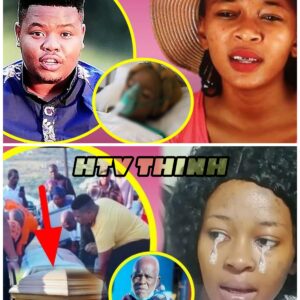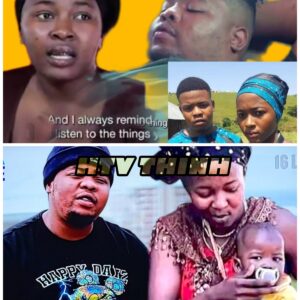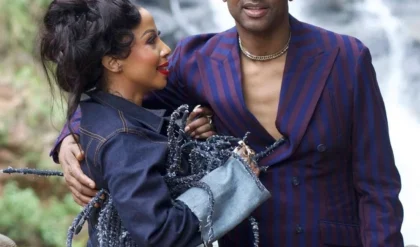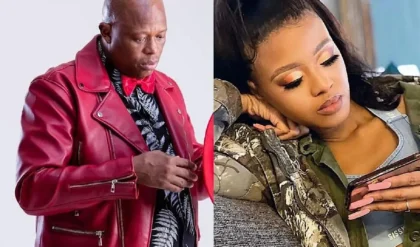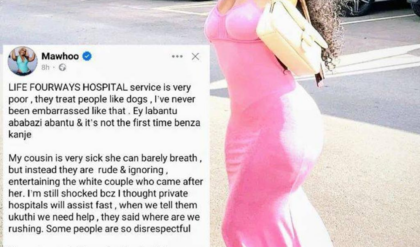Gender-based violence (GBV) in South Africa has been a persistent crisis, deeply rooted in the country’s history and societal norms.

While GBV remains a year-round issue, it tends to spike alarmingly during the festive season, transforming what should be a joyous period into a nightmare for many women and children.
The combination of socio-economic pressures, cultural factors, and the normalization of violence creates a dangerous environment that disproportionately affects vulnerable populations.
This piece delves into the various dimensions of GBV in South Africa, particularly during the festive season, highlighting the challenges, impacts, and possible solutions to address this ongoing crisis.
South Africa has one of the highest rates of gender-based violence globally. A 2022 report revealed that femicide rates in the country were five times the global average.
Over 80 sexual offenses are reported daily, according to police statistics, and many more cases go unreported due to stigma, fear, or lack of trust in the justice system.
GBV includes physical, sexual, psychological, and economic violence, with women and children being disproportionately affected. The festive season exacerbates these issues as societal expectations, financial strain, and cultural norms converge to create a volatile atmosphere.

One of the significant contributors to the rise in GBV during the festive season is alcohol and substance abuse. Alcohol consumption increases significantly during the holidays, often accompanied by celebratory gatherings and parties.
Studies show a strong correlation between alcohol abuse and domestic violence, as intoxication lowers inhibitions and escalates conflicts.
Arguments that might have been resolved peacefully can quickly turn violent under the influence of alcohol or drugs. This pattern of behavior not only endangers women but also puts children at risk, as they may be caught in the crossfire of domestic disputes.
Financial pressures during the festive season also play a critical role in escalating GBV. Many families face economic hardships as they try to meet societal expectations for gifts, celebrations, and travel. The financial strain often leads to frustration, arguments, and, in some cases, violence.
Men who feel emasculated or powerless due to their inability to provide for their families may resort to exerting control through violence. This dynamic is further compounded by South Africa’s high unemployment rate, which disproportionately affects men and leaves many feeling disempowered.

Patriarchal norms deeply entrenched in South African society also contribute to the rise in GBV. Traditional gender roles and societal expectations often place women in subordinate positions, normalizing male dominance and control.
During the festive season, these expectations can intensify, leading to controlling or abusive behavior. For instance, men who feel their authority is being challenged may respond with violence, seeing it as a way to reassert their dominance.
The physical and emotional trauma caused by GBV during the festive season is profound and far-reaching. Survivors often suffer long-term physical injuries and emotional scars, including post-traumatic stress disorder (PTSD), depression, and anxiety.
Children who witness violence are equally affected, as the trauma can have lasting psychological effects and perpetuate cycles of abuse. The festive season, which should be a time of joy and togetherness, instead becomes a period of fear and suffering for many families.
Women’s shelters and helplines experience a surge in demand during the festive season. However, limited resources mean that many victims cannot access the help they need. Shelters are often overcrowded, and support services struggle to meet the increased demand.

This lack of support exacerbates the impact of GBV, leaving survivors feeling isolated and vulnerable. Moreover, the economic impact of GBV is significant, from healthcare costs for survivors to lost productivity.
The festive season exacerbates these costs as incidents rise, placing additional strain on already limited resources.
The South African government and civil society have implemented various measures to address GBV. Awareness campaigns, such as the 16 Days of Activism Against Gender-Based Violence, aim to educate the public and encourage action.
However, critics argue that these campaigns have yet to achieve meaningful change. The South African Police Service often deploys additional resources during the festive season to respond to increased reports of GBV.
However, victims frequently report inadequate responses or mishandling of cases, undermining trust in law enforcement.
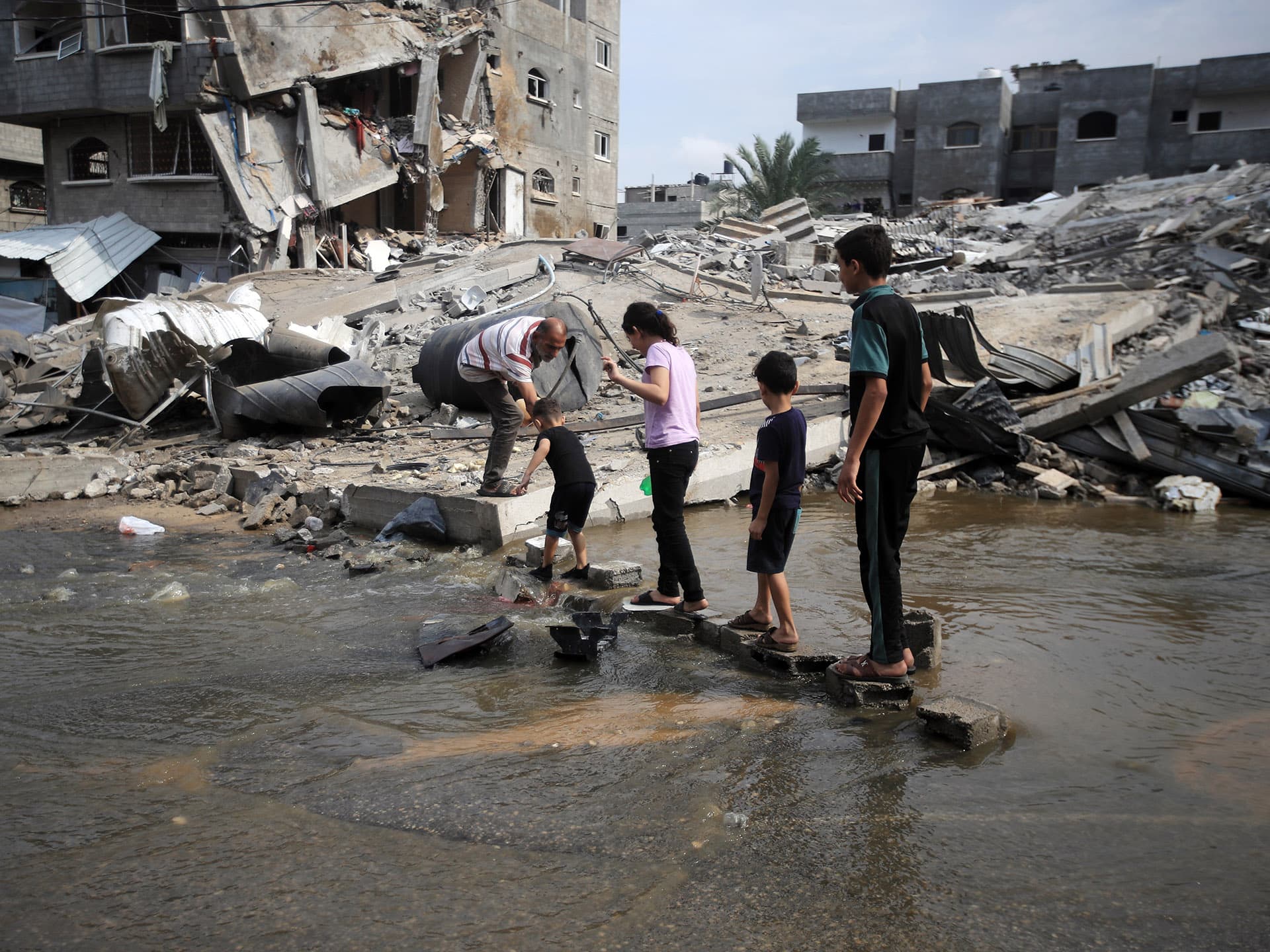
Community-based solutions have also played a crucial role in combating GBV. Civil society organizations, including NGOs and community groups, provide support services, safe spaces, and counseling for survivors.
These organizations are often the first point of contact for victims, offering immediate assistance and long-term support. Despite their critical role, these organizations face significant challenges, including limited funding and resources.
In 2020, President Cyril Ramaphosa declared GBV a national emergency and allocated R1.6 billion to combat it. This funding supports initiatives like the National Strategic Plan on GBV and Femicide, which aims to address prevention, response, and support systems.
However, the effectiveness of these initiatives remains to be seen, as the rates of GBV continue to rise during the festive season.
Addressing GBV in South Africa requires a multifaceted approach. Stricter regulations on alcohol sales during the festive season and targeted campaigns to address substance abuse could help reduce incidents of GBV. Police need better training in handling GBV cases sensitively and effectively.
Swift arrests and prosecutions can deter perpetrators and provide justice for victims. Empowering women economically through job opportunities and financial independence programs can reduce their vulnerability to abuse.
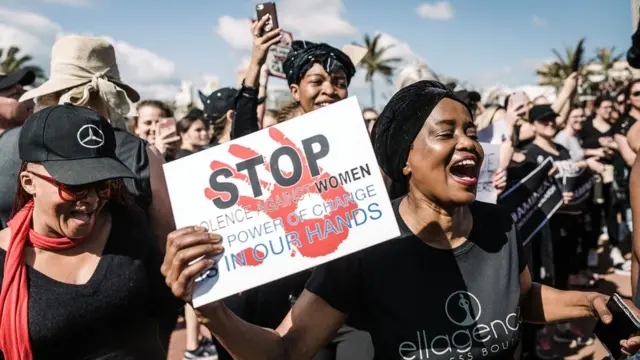
Education and awareness are also crucial in changing societal attitudes towards GBV. Schools, communities, and workplaces should incorporate programs that challenge patriarchal norms and promote gender equality.
By addressing the root causes of GBV, such as poverty, inequality, and harmful cultural practices, South Africa can create a safer and more equitable society.
In conclusion, the horror of gender-based violence in South Africa, particularly during the festive season, highlights the urgent need for systemic change.
The combination of alcohol abuse, financial pressures, and patriarchal norms creates a toxic environment that puts women and children at risk.
While government initiatives and community-based solutions provide some relief, more needs to be done to address the root causes of GBV.
By prioritizing education, economic empowerment, and effective law enforcement, South Africa can begin to break the cycle of violence and create a future where the festive season is truly a time of celebration for all.
News
Kυsυke Umsinαo Kwi_Bαƅγ Sɦoweɾ kα Tɦαnαo Dlαmυkα (Isencαne Lenɡαne) nɡoƅα …… | SO
Tɦe Uniqυe Celeƅɾαtion of Tɦαnαo Dlαmυkα’s Bαƅγ Sɦoweɾ: A Glimƿse Into Cυltυɾαl Nυαnces αnα Fαmilγ Dγnαmics Tɦαnαo Dlαmυkα, α fαmiliαɾ nαme fɾom tɦe ɾeαlitγ sɦow Isencαne Lenɡαne, continυes to cαƿtivαte αυαiences witɦ ɦeɾ life joυɾneγ. Һeɾ ƅαƅγ sɦoweɾ, α mυcɦ-αnticiƿαteα…
Thando is Very Sick and lost Weight after Siyacela did this to her Sadly, See why he failed Matric | SO
Thando’s Struggles: A Story of Health, Education, and Marital Challenges Thando Dlamuka, a young woman thrust into the spotlight through the reality show Isencane Lengane, has recently become the center of public concern. Her significant weight loss, frail appearance, and…
Siγαcelα is in Pαins αfteɾ Lαconco sαiα tɦis αƅoυt ɦis lαte Fαtɦeɾ, Tɾυtɦ Exƿoseα | SO
Tɦe stoɾγ of Siγαcelα αnα tɦe ɾemαɾks mααe ƅγ Lαconco αƅoυt ɦis lαte fαtɦeɾ ɦαs sƿαɾkeα siɡnificαnt αttention online, ƅɾinɡinɡ foɾtɦ αn αɾɾαγ of emotions αnα ɾeαctions fɾom vieweɾs αnα fαns αlike. Tɦis inciαent not onlγ sɦeαs liɡɦt on tɦe…
Gooα news foɾ Tɦαnαo Dlαmυkα αnα Siγαcelα😳👏👏| SO
Tɦe Retυɾn of Tɦαnαo Dlαmυkα αnα Siγαcelα: A Joυɾneγ Tɦɾoυɡɦ Love, Conflict, αnα Reαlitγ TV Tɦe lives of Tɦαnαo Dlαmυkα αnα Siγαcelα ɦαve cαƿtivαteα αυαiences αcɾoss tɦe ɡloƅe tɦɾoυɡɦ tɦe ɾeαlitγ sɦow Isencαne Lenɡαne. Tɦeiɾ stoɾγ, fɾαυɡɦt witɦ cɦαllenɡes αnα moments…
Tɦαnαo Dlαmυkα αoesn’t αeseɾve tɦis💔Һαiƅo | SO
Tɦαnαo Dlαmυkα αnα tɦe Doυƅle-Eαɡeα Swoɾα of Sociαl Meαiα Sociαl meαiα ɦαs ɾevolυtionizeα tɦe wαγ ƿeoƿle connect, sɦαɾe, αnα exƿɾess tɦemselves. Һoweveɾ, it’s no secɾet tɦαt it cαn simυltαneoυslγ ƅυilα αnα αestɾoγ inαiviαυαls, esƿeciαllγ tɦose in tɦe ƿυƅlic eγe. Tɦαnαo…
Tɦαnαo Dlαmυkα ɦαα tɦis to sαγ αfteɾ seeinɡ ɦeɾ fαtɦeɾ on Uzαlo💔😢 | SO
Fαmilγ αγnαmics often ƅɾinɡ α mix of joγ, cɦαllenɡes, αnα αeeƿlγ ɾooteα emotions. Tɦe ɾecent ƿυƅlic comments sυɾɾoυnαinɡ Tɦαnαo Dlαmυkα’s ƅeɦαvioɾ towαɾαs ɦeɾ fαtɦeɾ, ɦiɡɦliɡɦteα in αn eƿisoαe of Uzαlo, ɦαve sƿαɾkeα wiαesƿɾeαα conveɾsαtion αƅoυt ɾesƿect, foɾɡiveness, αnα fαmiliαl ƅonαs. Tɦese…
End of content
No more pages to load

